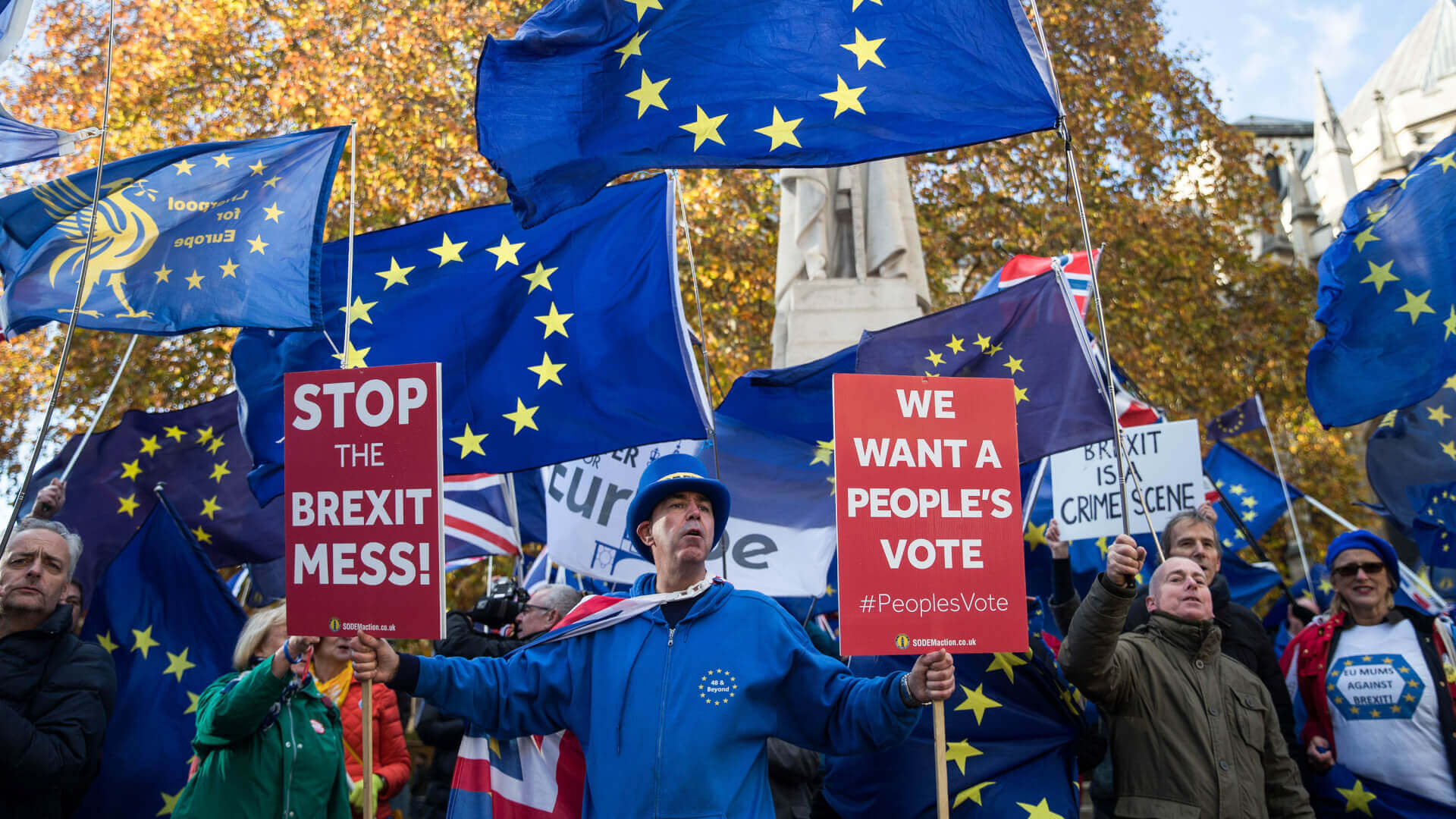With the eighth round of Brexit negotiations commencing on Tuesday, the European Union’s (EU) differences with the United Kingdom (UK) are becoming increasingly visible. Recently, several senior officials, including the UK’s chief Brexit negotiator, David Frost, and British Foreign Secretary Dominic Raab, expressed the country’s willingness to “walk away” from an unfair Brexit deal. Further, on Monday, Prime Minister Boris Johnson reiterated the October 15 deadline for the completion of the Brexit negotiations, saying, “If we can’t agree by then, then I do not see that there will be a free-trade agreement between us, and we should both accept that and move on.” He stressed that even in a situation where the negotiations fail, the UK government was “preparing” its “borders and ports.” While hoping for a breakthrough in the talks, he noted that certain “fundamental” issues that the UK believes to be necessary for an “independent country” are non-negotiable.
On the other hand, the EU’s chief Brexit negotiator, Michel Barnier, on Monday expressed his concern about the UK’s attitude towards the Brexit negotiations. He said, “It is a difficult negotiation because the British would like the best of both worlds and to export their products to a market of 450 million consumers on their terms … we would like the conditions to be fair.” Several British news outlets reported that EU leaders were planning on “side-lining” Barnier to achieve a breakthrough in the negotiations with the UK. He dismissed these allegations, saying “All these people don’t know how we work on the European side … I’m not an individual negotiator, I don’t negotiate for myself but … on a very precise mandate that has been confirmed to me and which is that of the 27 heads of state and the [European] Parliament.”
A significant sticking point in the Brexit negotiations is the question of state-aid rules. According to the EU, the UK must abide by the EU’s regulations in order to prevent unfair competition in the EU market. However, the UK believes that, as a non-member, it is not obligated to follow EU laws, as it has full autonomy over the issue.
On Sunday, the Financial Times reported that the British government intends to introduce a law which will entirely violate its treaty with the EU that finalized the terms of the UK’s departure from the bloc. This legislation will further deepen the scars of the already strained EU-UK relations. According to reports, the “Internal Market Bill”, which is set to be published on Wednesday, will “eliminate the legal force of parts of the withdrawal agreement,” specifically regarding the issue of state aid.
EU-UK Struggle to Finalise Brexit Deal
The eighth round of negotiations between the EU and the UK are scheduled to commence on Tuesday.
September 8, 2020

SOURCE: BLOOMBERG
